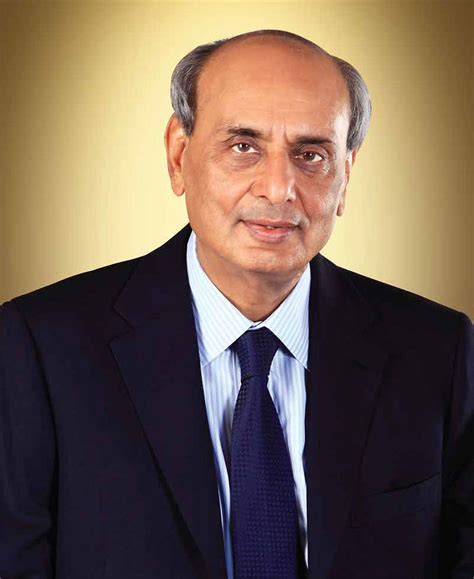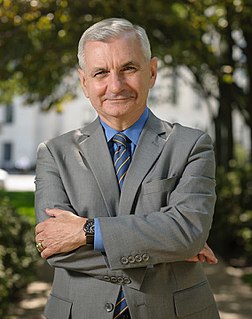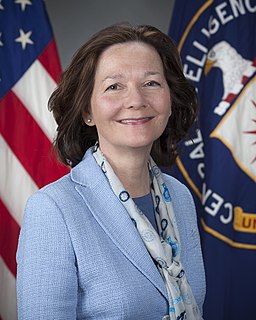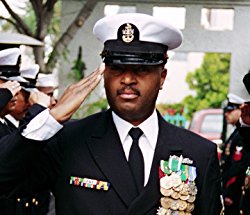A Quote by Shehbaz Sharif
When Nawaz Sharif was Prime Minister in 1997, we were combating a different kind of terrorism at that time. It was what you call sectarian terrorism, and 9/11 had not happened. And we were tackling that with success and dedication.
Related Quotes
In the sublime days before 11 September 2001, when the powerful were routinely attacking and terrorising the weak, and those dying were black or brown-skinned non-people living in faraway places such as Zaire and Guatemala, there was no terrorism. When the weak attacked the powerful, spectacularly on 9/11, there was terrorism.
Before September 11, we were fighting terrorism in our southwestern Philippines, and it was a lonely fight. However, we were able to contain it now in one island in that part of the Philippines. But after September 11, and after the creation of the global coalition against terrorism, now we have allies, and I believe now it will easier with allies.
We had a completely deniable exchange of papers - in the winter before the 1997 election - with [Tony] Blair, setting out what we thought were the realistic parameters for a solution: and we were getting reasonable responses back from him. That's what led to Blair's visit to Belfast on May 16, 1997 - two weeks after he became Prime Minister and his first official visit outside London.
I think NATO is obsolete. NATO was done at a time you had the Soviet Union, which was obviously larger - much larger than Russia is today. I'm not saying Russia is not a threat. But we have other threats. We have the threat of terrorism. And NATO doesn't discuss terrorism. NATO's not meant for terrorism. NATO doesn't have the right countries in it for terrorism.
If you view terrorism in Syria from one perspective and terrorism outside Syria from another perspective, it can create problems. If you view terrorism in categories such as good terrorism and bad terrorism, that too can create its own challenges.I think we should not look at these questions individually.































